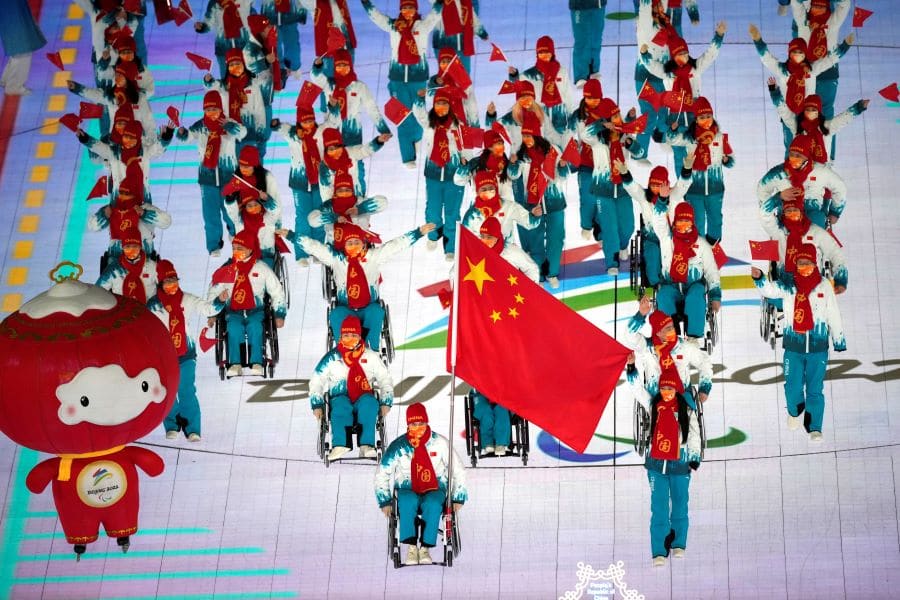
by Jill Moffatt | 8 Mar 2022 | China, Human Rights, Sports, University of Toronto Journalism Fellows
China is spotlighting the Paralympic Games and winning medals. But do its broadcast coverage and athletes’ success mask inequitable rights? China’s athletes parade at the opening ceremony of the 2022 Winter Paralympics in Beijing, 4 March 2022. (AP...
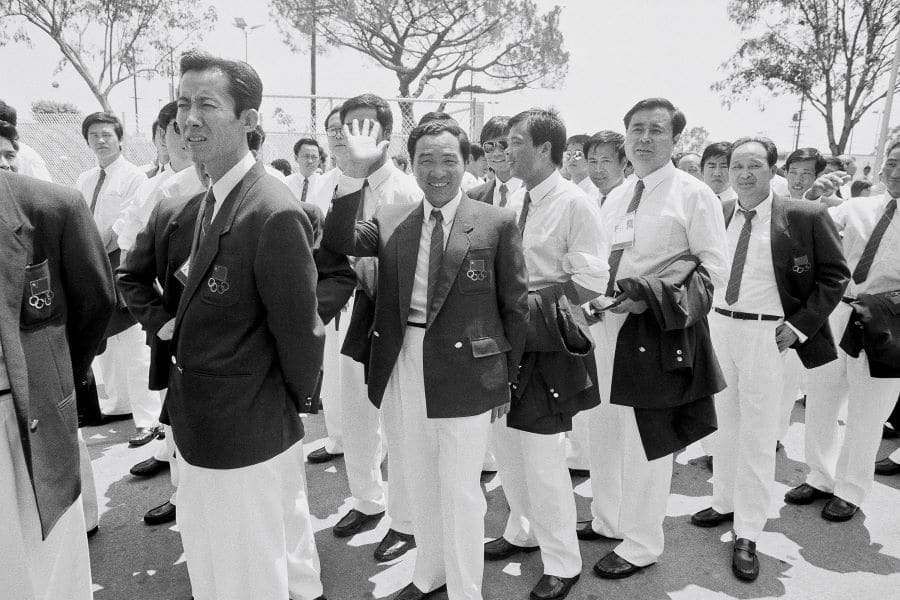
by Jonathan Sharp | 16 Feb 2022 | China, Europe, History, Politics, Sports, United States
Fewer than four decades ago, an emerging China joined its first Olympic Games. Like today, geopolitics loomed large at the Los Angeles event. Members of the Chinese Olympic team line up before the opening ceremonies of the 1984 Summer Olympics in Los Angeles, 28 July...
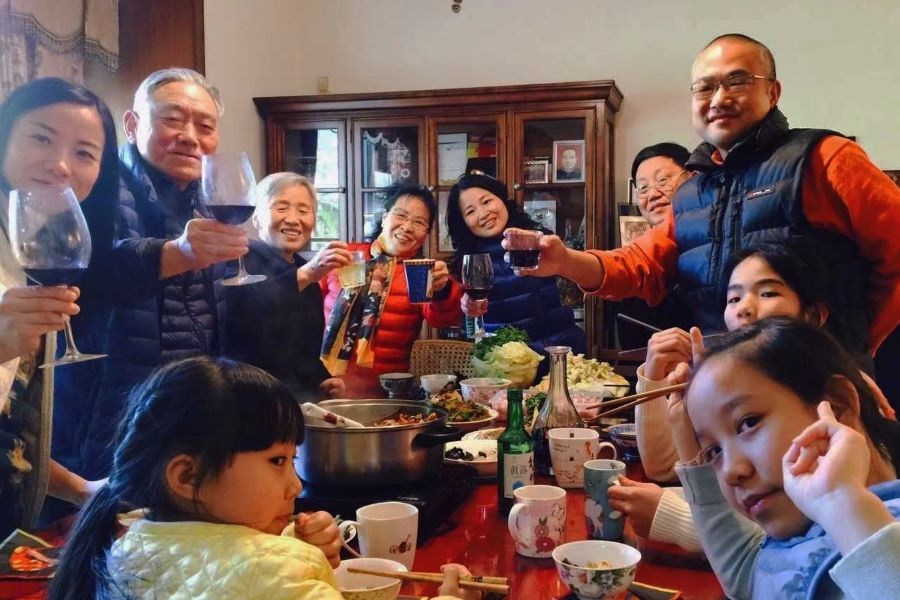
by Li Keira Yin | 2 Feb 2022 | China, Contest winners, Personal Reflections, Student Posts, Thacher School, Youth Voices
Our family used to gather in joy around my grandfather’s couch. He and his sofa are now gone, and I wonder if home will ever be the same. Taken in Shenzhen, China in 2013. The author is hiding behind a cousin, second from right. (All photos courtesy of Li Keira...

by David Schlesinger | 20 Dec 2021 | China, Culture, Economy, Educators' Catalog, Politics, World
Social media memes are at the forefront of the latest form of passive resistance against China’s grinding work culture. “Lying flat” meme. I’m supposed to write a piece for News Decoder, but if I were a hip young Chinese, maybe I’d just “lie flat”...
So much reporting about China by Western journalists focuses on the Communist Party, human rights and economic growth, that it is refreshing to read an account by an “old China hand” that explores a quiet rebellion by Chinese youth expressed in purposefully ambiguous social media memes. Lying flat, touching a fish, being Buddha-like and saying “Whatever” sound innocuous enough, but they belie deep disenchantment among many young Chinese over “the relentlessness that has driven the economy to growth rates far faster than any developed country in the West,” as David Schlesinger puts it. Schlesinger’s account is all the more relevant as many young people outside China, fed up with COVID-19, are deserting the workaday world for a time out.
Exercise: Ask students to list their main grievances and what they can do about them.

by Li Keira Yin | 6 Dec 2021 | China, Contest winners, Culture, Educators' Catalog, Human Rights, Politics, Student Posts, Thacher School, Youth Voices
Tibet’s many languages are under threat from Beijing’s policies and economic realities, putting cultural traditions and memories at risk. Tsupkhu Lama in Dharamsala, Himachal Pradesh, India in June 2019. (Photo by Li Keira Yin) This story won honorable...
Li Keira Yin of The Thacher School examines the difficulties that minority languages face surviving in Tibet without falling into the trap of concluding that it’s all the fault of the Communist Party leadership in Beijing when economic pressures in a globalized economy are part of the explanation. For her nuanced view, Yin draws from her unique perspective as someone raised in China who is studying in the United States. Her account of the complexities of language in Tibet started when Yin listened to her Chinese grandmother speak a dialect at home while speaking in Mandarin when picking up the phone. “I started wondering why dialects and minority languages have to be overpowered by Mandarin in China, and so I dug deeper,” Yin said. A lesson for other students struggling to understand how their lives fit into the bigger scheme of things.
Exercise: Ask students to discuss when it’s important for authorities to protect minority languages.

by Li Keira Yin | 29 Nov 2021 | China, Culture, Personal Reflections, Politics, Student Posts, Thacher School, Youth Voices
Curious about my family’s roots, I visited a remote region of China where minority Uighurs celebrated and laughed despite repression and a pandemic. Uighur Women in Procession at Sunrise, Kashgar, July 2021 (All photos by Li Keira Yin) I took these photos on a...

by Jim Wolf | 20 Jul 2021 | Asia, China, Economy, Politics
Trump’s administration launched a sea change in U.S.-China relations. Is Joe Biden raising the stakes in taking tough action against China? U.S. President Joe Biden at the NATO summit in Brussels, Belgium, 14 June 2021 (EPA Photo/Kenzo Tribouillard). President...

by Richard Hubbard | 27 Apr 2021 | Asia, China, Economy, Politics
China is punishing an “antagonistic” Australia with trade sanctions that many view as a test of Beijing’s geo-economic muscle. A man shops for Australian wine in Shanghai, China, 8 December 2020. Two days later, China imposed new import duties on...
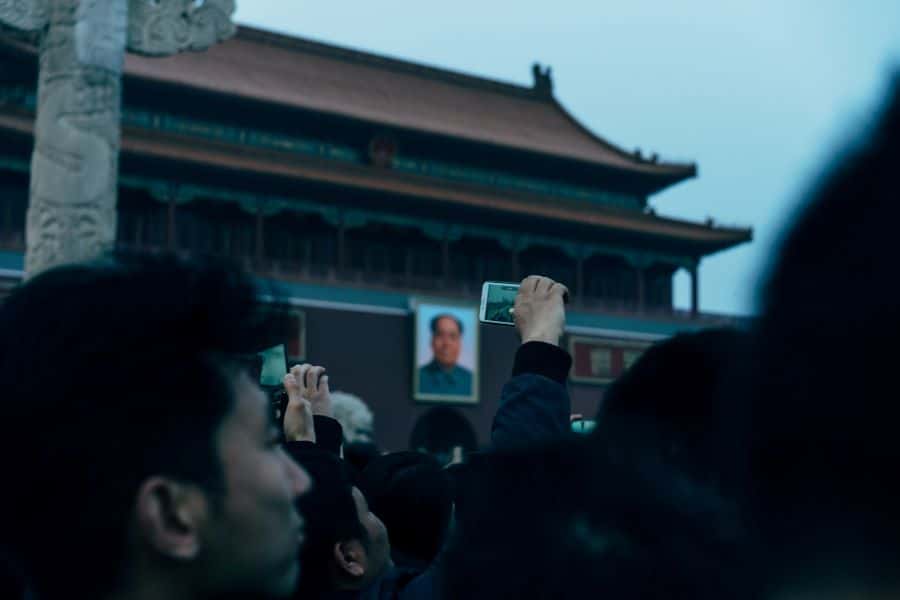
by Li Keira Yin | 7 Apr 2021 | Americas, China, Contest winners, Contests, Culture, Educators' Catalog, Personal Reflections, Student Posts, Thacher School, Youth Voices
Born in China, I decided to study in the U.S. I love my home country but harbor guilt as I become less and less Chinese over time. Photo by Markus Winkler This story was a runner-up in News Decoder’s Ninth Storytelling Contest. Artist’s Statement: I grew up in...
Growing up means eventually coming to terms with one’s upbringing. Doing so can be especially challenging for young people straddling different cultures. In a five-stanza poem, Li Keira Yin of The Thacher School explores the contradictions between the world of her Chinese grandparents and her life at a boarding school in the United States. News Decoder helps young people around the world extend their horizons and learn to appreciate different viewpoints. Some have the advantage of confronting opposing outlooks at an early age, and Yin demonstrates her maturity in reconciling the inherent antagonism between her two very distinct cultures.
Exercise: Ask each student to identify a fault line within their family and to write an essay or poem that is sympathetic to each side.
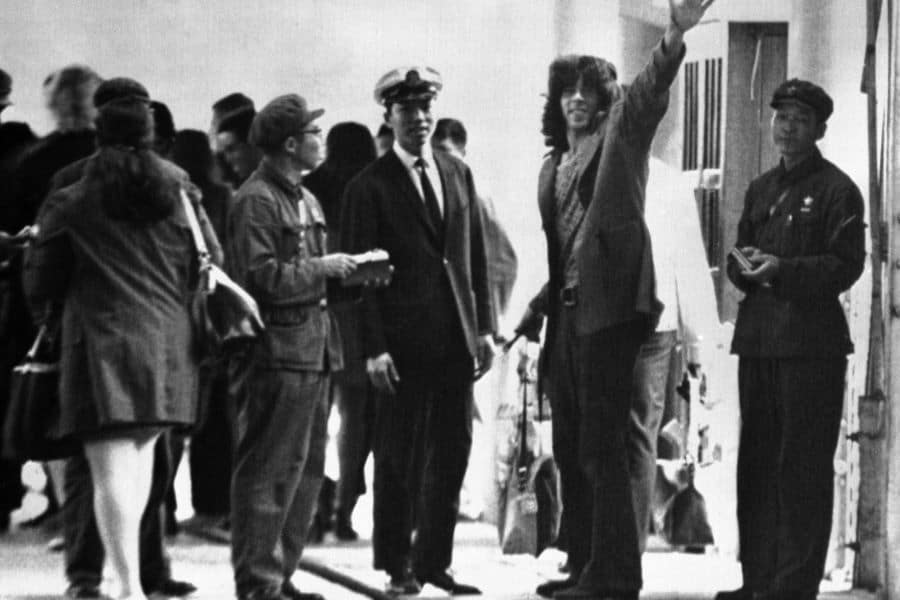
by Jonathan Sharp | 6 Apr 2021 | Americas, Asia, China, Educators' Catalog, Government, History, Personal Reflections, Politics, Sports, United States
Ping-pong players paved the way for a thaw in relations between China and the U.S. in the early 1970s. I witnessed this pivotal moment in history. Flanked by Chinese border officials, Glen Cowan, a member of the U.S. ping-pong team, waves to newsmen at Lowu, China,...
News Decoder’s correspondents have covered many of the biggest international stories of the past half-century, offering our students an unparalleled historical perspective on complex global events. Jonathan Sharp has tapped his rich professional adventures time and again for News Decoder, producing yarns about covering the Vietnam War and showing U.S. actress Shirley MacLaine around Beijing. In his latest article, Sharp recounts witnessing a pivotal moment in China-U.S. relations in 1971, when a team of U.S. ping-pong players visited China, paving the way to a thaw in relations between the two nations. Sharp skillfully mixes personal anecdotes with an impartial look at history to transport students born more than a generation after the “transformative moment” back in time.
Exercise: Ask each of your students to speak to at least one parent to identify a moment in their youth when they witnessed an important event. After interviewing the parent, the student should write an article mixing the parent’s viewpoint in the first person with third-person background and explanation.










